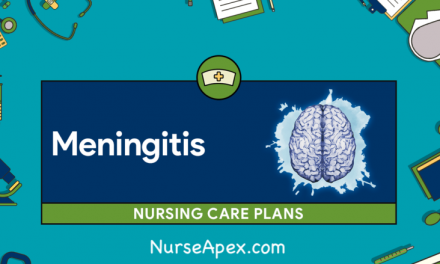A nursing care plan for hypertension should address several important aspects to help patients cope with the condition. For example, it must address risk factors such as ventricular hypertrophy, increased afterload, and vasoconstriction. As with any health condition, blood pressure needs to be maintained within an acceptable range. Proper blood pressure measurement should be done with a cuff and the proper techniques. It should be taken in both hands and should be done while auscultation of heart tone and breath sounds is performed. Other important components include skin color, observation of temperature, and auscultation of breath sounds.
Goals
A successful nursing care plan for hypertension must address the goals of both the patient and the physician. Long-term control of blood pressure requires monitoring, education, counseling, titration of therapy, and follow-up visits. Nurses are vital to patient care, as they must coordinate care and control costs, and they have the ability to build collaborative links. They can help patients understand and navigate a complicated treatment regimen and health care system.
Measures
A health care provider’s responsibilities as a nurse in the long-term management of hypertension are extensive. They include teaching the patient and family about the condition, monitoring blood pressure and detecting adverse drug reactions. Moreover, they must be able to provide comprehensive information on hypertension and its effects, as well as its causes and modifiable risk factors. In addition, they must ensure that patient-provider communication is efficient and effective.
Interventions
Nurses are responsible for several tasks in the long-term management of hypertension, including lowering blood pressure, teaching patients, detecting adverse effects of treatment, and evaluating therapeutic effectiveness. Interventions should also address side effects and non-compliance. Nursing care plans should address the needs of patients and their families and account for the varying levels of activity and weight. Below are some guidelines for implementing these tasks.
Outcomes
One of the most important components of a hypertension nursing care plan is the prevention of high blood pressure and its associated complications. The prevention of hypertension begins with identifying the risk factors and determining what lifestyle modifications should be made. Lifestyle modifications include reducing salt in the diet, eliminating unhealthy saturated fats, and getting adequate rest. Additionally, exercise is vital for patients with hypertension. A lack of understanding of hypertension prevents many patients from making the best lifestyle choices and places them at risk for other health problems. Patients often don’t understand the role that hypertension plays in other conditions, such as heart disease and stroke, and therefore do not exercise appropriately or even do enough.
Prevention
A nursing care plan for prevention of hypertension focuses on lowering blood pressure and preventing cardiovascular events. Hypertension is a chronic disease associated with an increased risk of stroke, heart disease, kidney failure, blindness, and peripheral vascular disease. Damage to the small arteries causes hypertension, which can have various complications. Some common symptoms include headaches, increased fatigue, and decreased exercise tolerance. To help prevent hypertension, patients are given medication that decreases blood pressure and reduces the risk of cardiovascular events.





